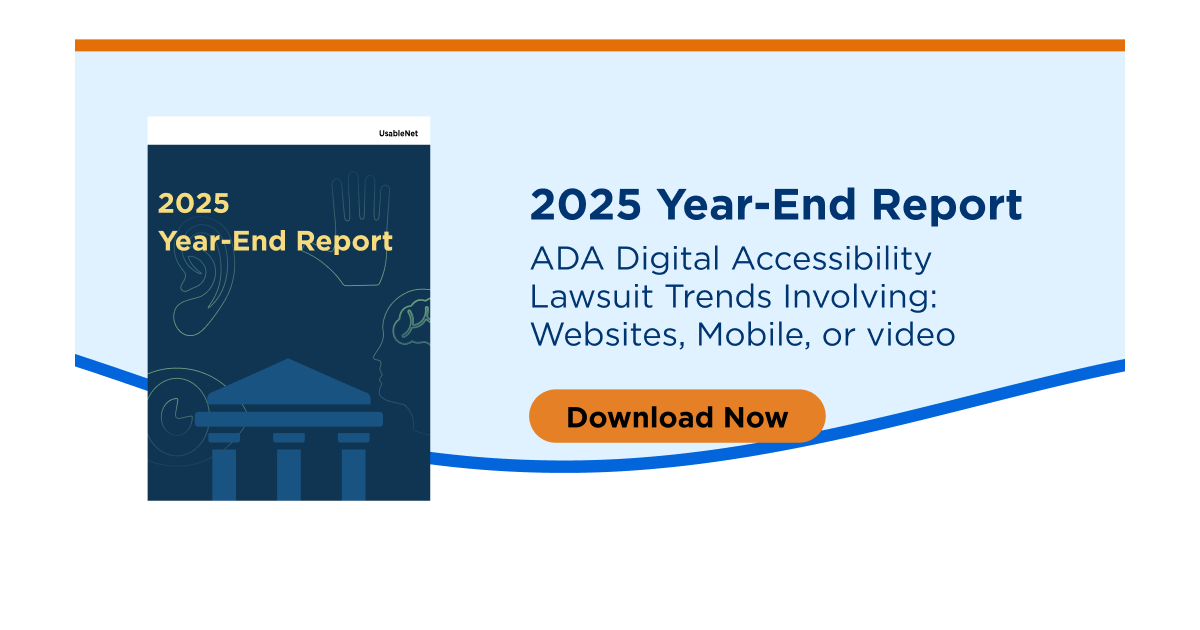Why Web Accessibility Matters
Let's look at some important numbers that show why web accessibility matters:
- Over a billion people are estimated to live with some form of disability, which can include blindness, deafness, and a variety of others. This corresponds to about 15 percent of the world's population.
- One in four U.S. adults—over 61 million Americans—have a disability that impacts major life activities.
- About 217 million people worldwide have moderate to severe vision impairment, which is expected to triple from 36 million to 115 million by 2050. In addition, 826 million people live with a near-vision impairment.
- The average person with a disability can expect to spend eight years, or 11.5 percent of their life, actively managing their disability.
- Approximately 40 percent of adults age 65 and up have one or more disabilities.
The Economic Impact
People with disabilities have a lot of money to spend—The total after-tax disposable income for working-age people with disabilities is nearly $490 billion. Yet despite having a discretionary income of about $21 billion many disabled people have trouble using websites to buy things.
A 2016 Survey found that 73 percent of disabled people in the UK have trouble finishing simple tasks on more than a quarter of the websites they visit.
Despite using special software, 86% still have problems with websites. However, 82% say they would return to a website that is easy to use.
Lawsuits can be costly financially and to your reputation
Non-compliance with accessibility standards can lead to costly lawsuits, as evidenced by the thousands of claims filed in recent years. Moreover, public disputes like Domino's legal battle with a blind customer can tarnish a company's reputation and affect consumer trust and loyalty.
Benefits of Prioritizing Accessibility
Acting promptly to address accessibility issues yields several benefits:- Enhancing brand integrity by demonstrating your commitment to equality and the universal right to access information and services.
- Improving search engine rankings and reducing bounce rates through optimized SEO.
- Avoiding financial losses associated with legal expenses and emergency design upgrades.
- Fostering innovation by embracing new solutions to longstanding accessibility challenges.
Embrace Social Responsibility and Prepare for the Future
Making websites accessible goes beyond following laws; it's about showing everyone they deserve equal access to information and services. As our population ages and changes, making websites easy to use will become even more vital for the future.
As you think about how to future-proof your online business, consider these statistics:
- By 2050, the global population of individuals aged 60 years and older is expected to reach 2 billion, with many facing age-related disabilities that affect digital access.
- Studies suggest that over 80% of older adults have at least one chronic condition, such as arthritis or impaired vision, which can impact their ability to navigate digital interfaces.
- Research indicates that individuals 65 and older are the fastest-growing demographic on social media platforms, highlighting the increasing importance of digital accessibility for older adults.
- According to an AARP survey, 87% of adults aged 50 and older use the Internet regularly, relying on digital platforms for various activities, including healthcare, finance, and social connection.
By ensuring that everyone, regardless of ability, can fully participate in the digital landscape, businesses fulfill their social responsibility and prepare for the demographic shifts ahead.
You can take our free assessment now to learn how to get started.








